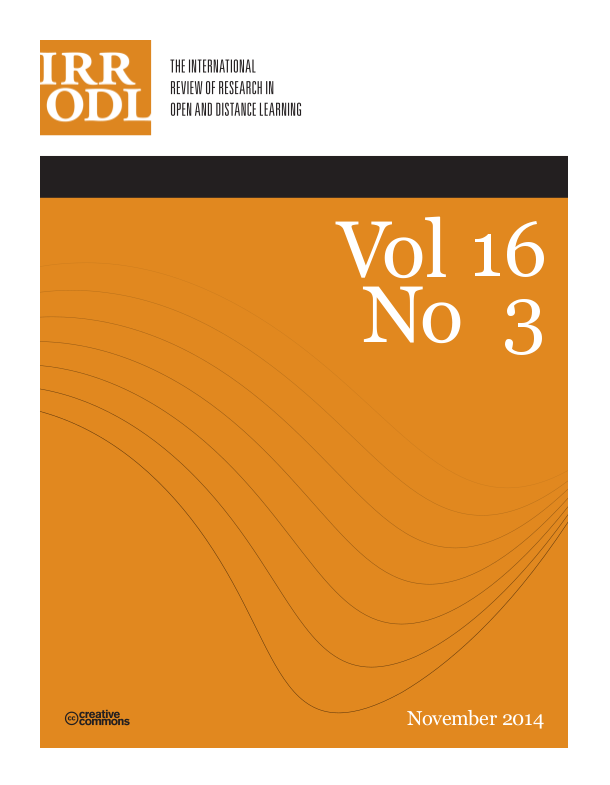Distributed Massive Open Online Courses (MOOCs) are based on the premise that online learning occurs through a network of interconnected learners. The teachers’ role in distributed courses extends to forming such a network by facilitating communication that connects learners and their separate personal learning environments scattered around the Internet. The study reported in this paper examined who fulfilled such an influential role in a particular distributed MOOC – a connectivist course (cMOOC) offered in 2011. Social network analysis was conducted over a socio-technical network of the Twitter-based course interactions, comprising both human course participants and hashtags; where the latter represented technological affordances for scaling course communication. The results of the week-by-week analysis of the network of interactions suggest that the teaching function becomes distributed among influential actors in the network. As the course progressed, both human and technological actors comprising the network subsumed the teaching functions, and exerted influence over the network formation. Regardless, the official course facilitators preserved a high level of influence over the flow of information in the investigated cMOOC.
Roles of course facilitators, learners, and technology in the flow of information of a cMOOC
Journal article
Open access
Published
International Review of Research in Online and Distance Learning, Volume 16, Issue 3, 2015
Publication year: 2015

